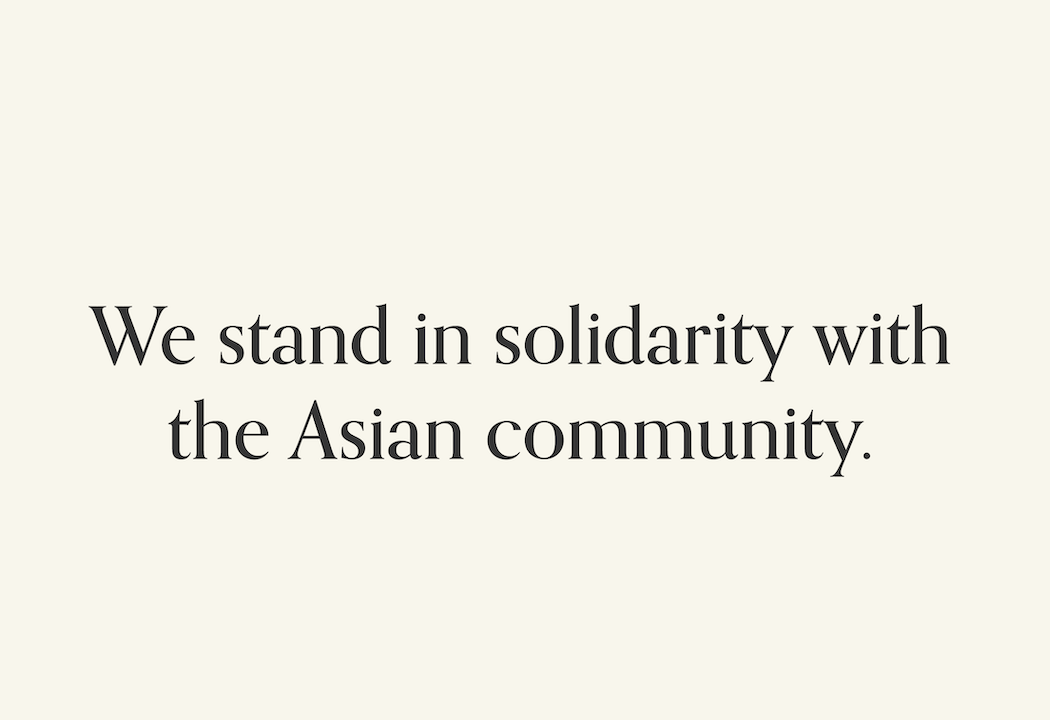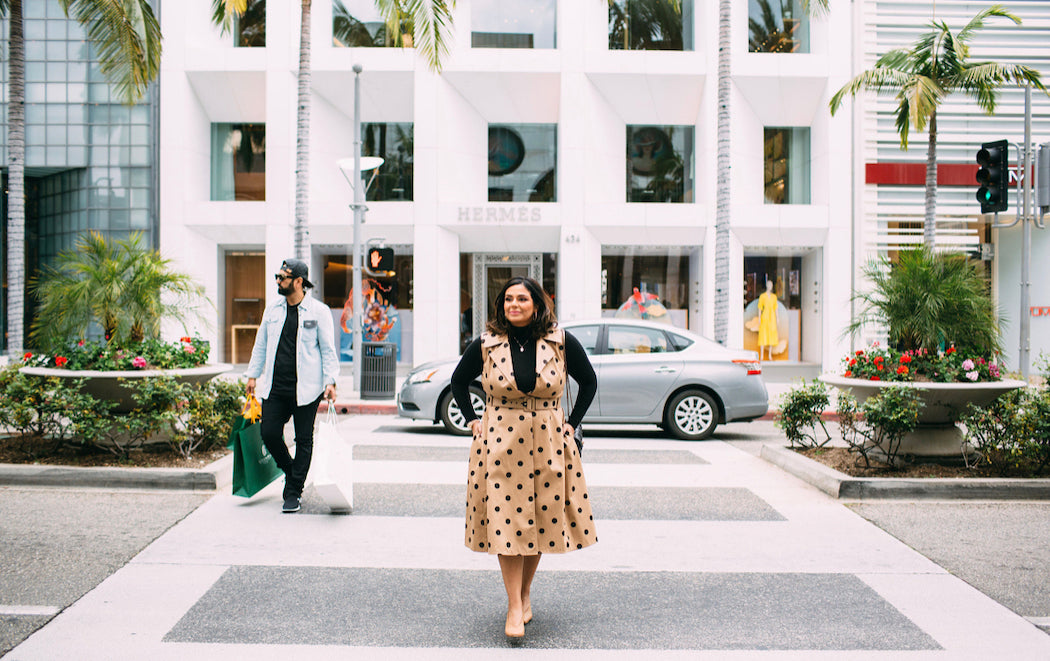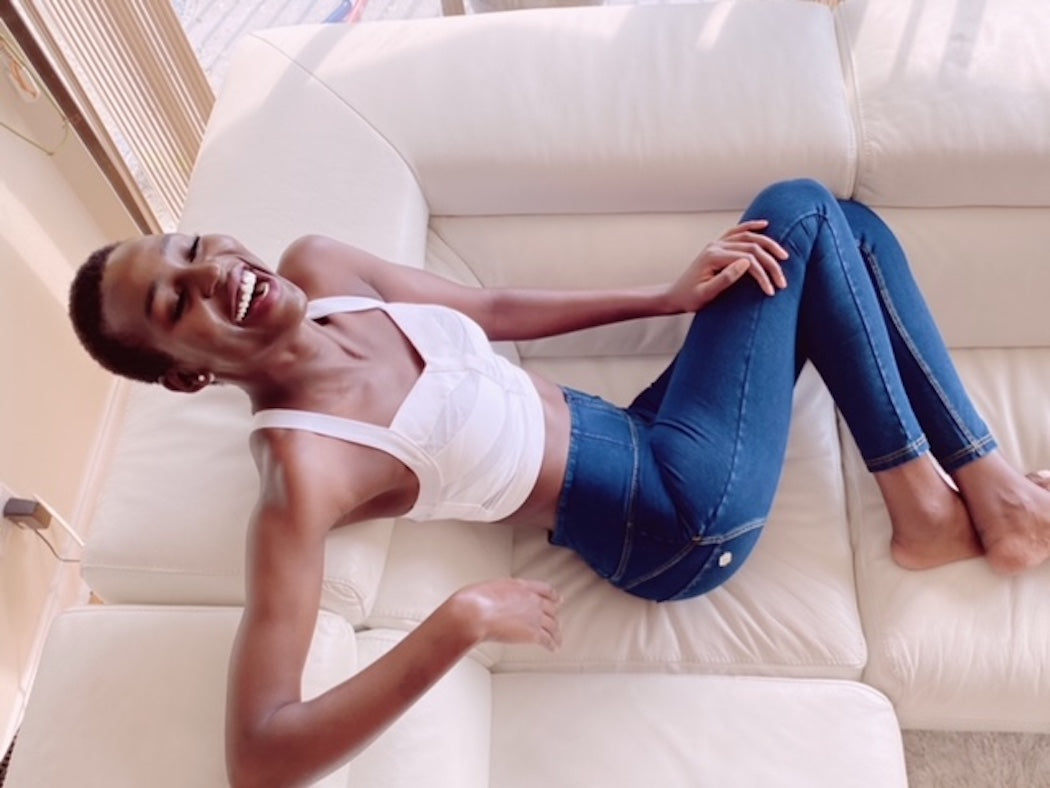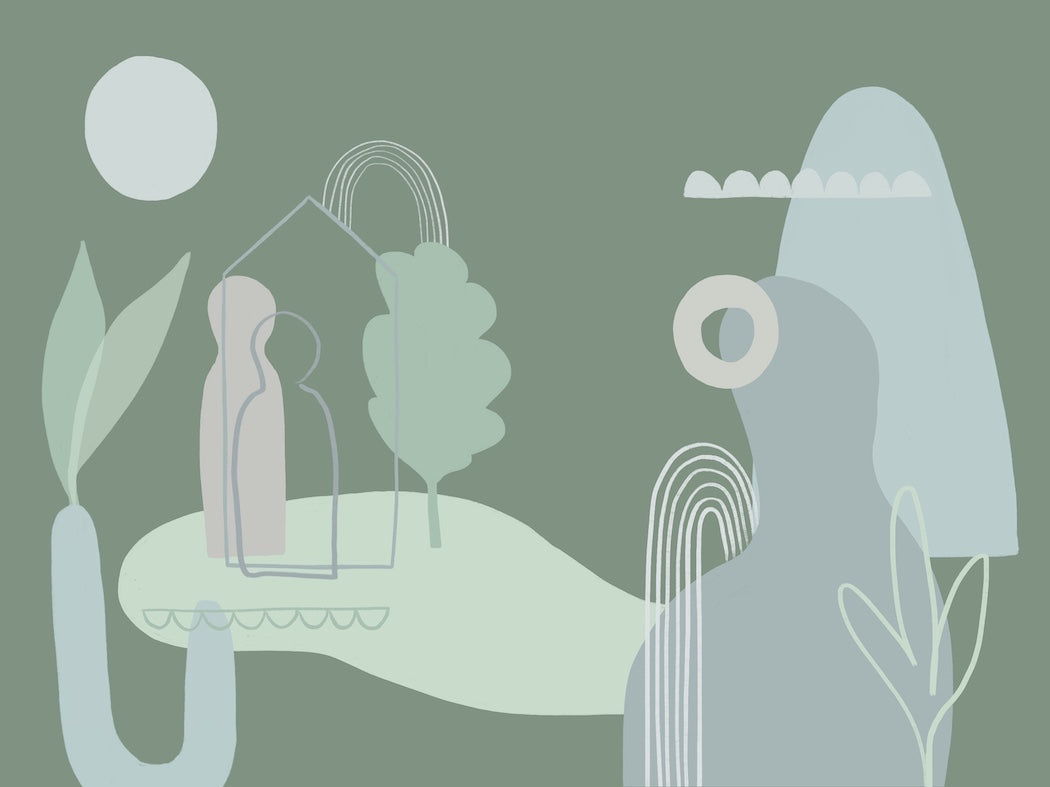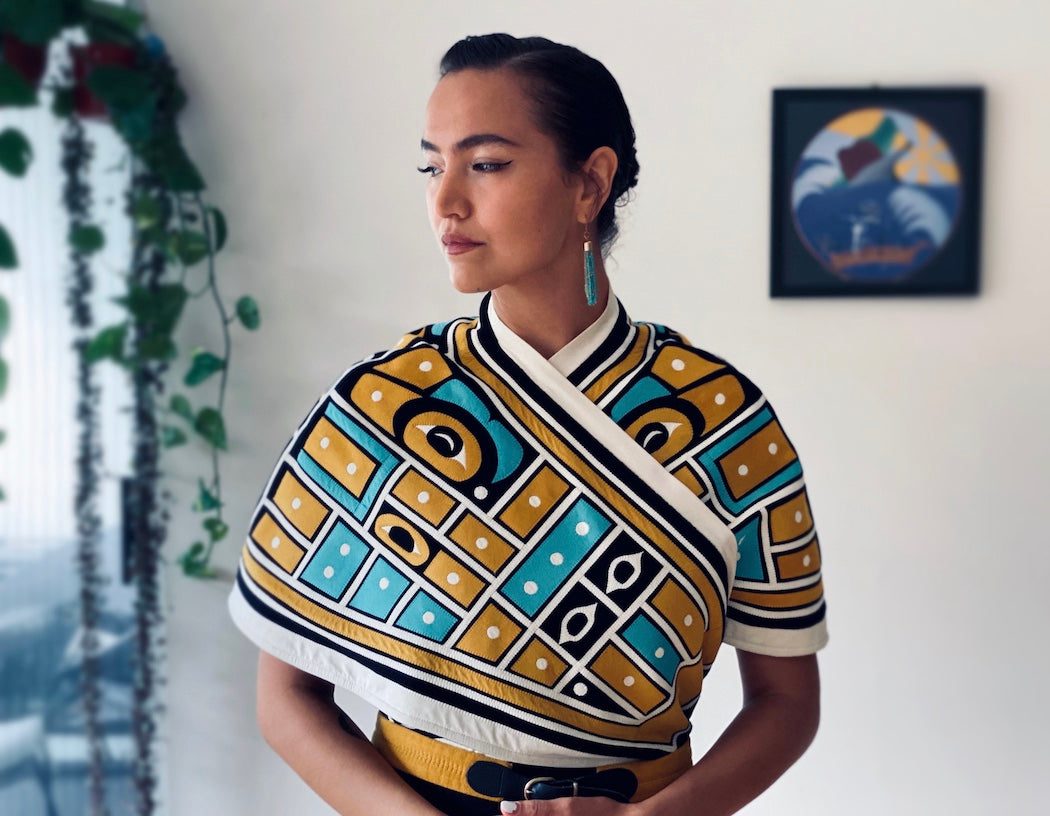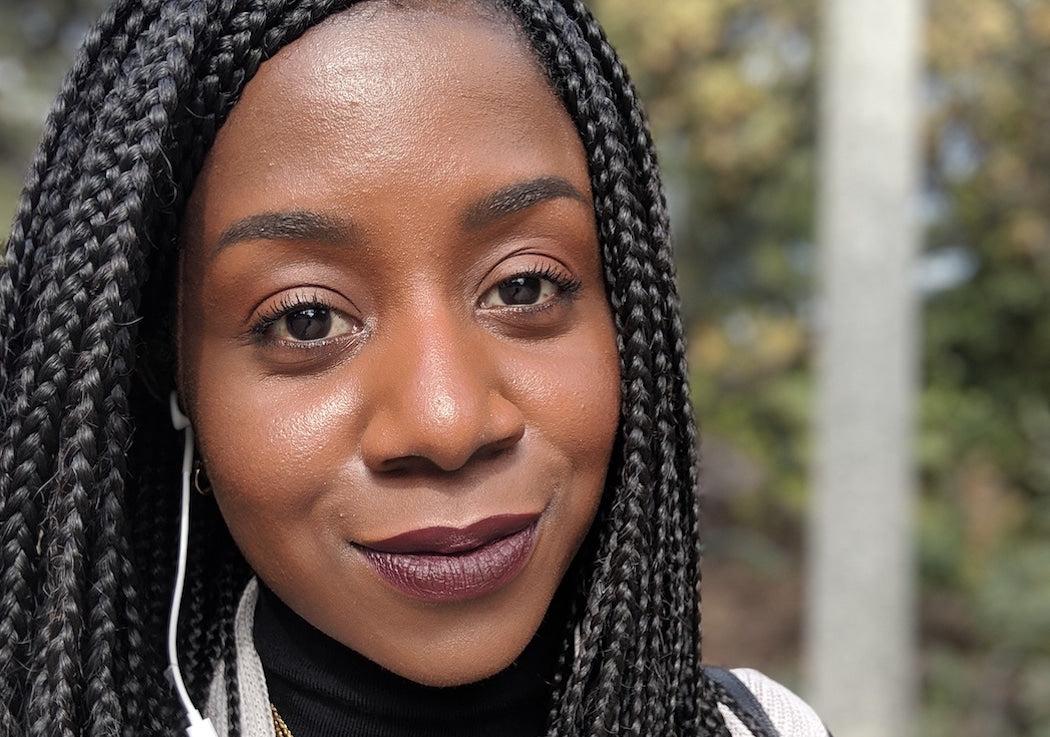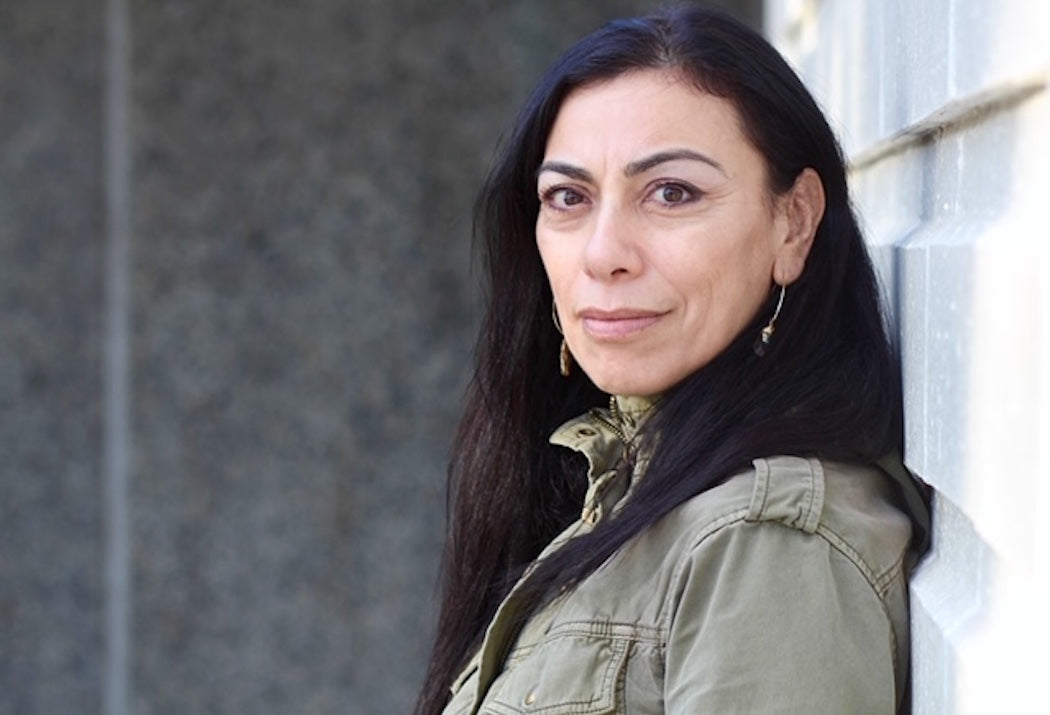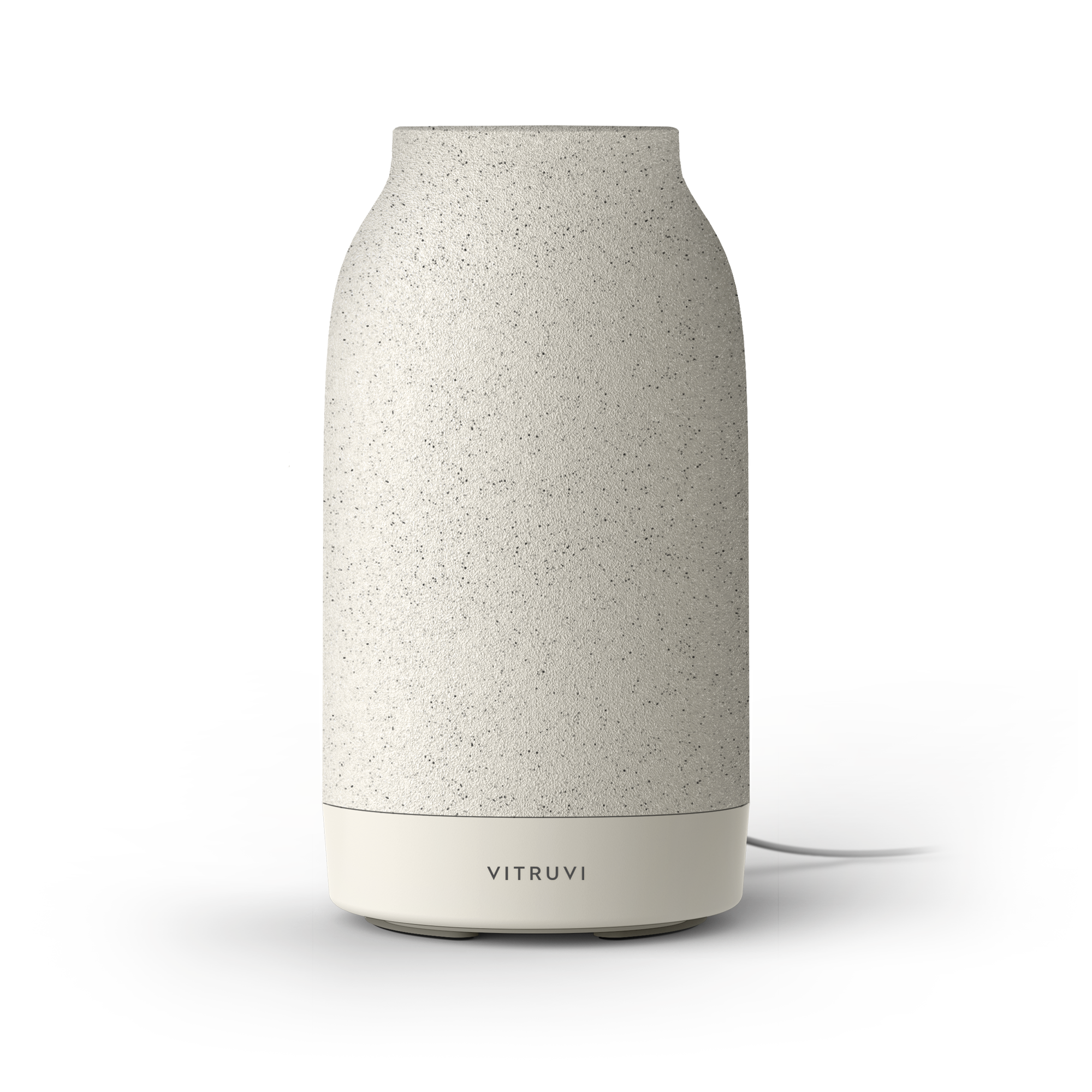Editor’s note: This interview and photo shoot were conducted many weeks ago—before the coronavirus pandemic forced North Americans to practise social distancing and self-isolation. We have chosen to move forward with publishing this piece because we believe that conversations about culture are more important than ever, as is our desire to help our readers find inspiration and escape.
At a Vancouver bus stop during rush-hour on what she describes as a “very cold, very wet, and rainy day,” Canadian filmmaker Elle-Màijà Tailfeathers encountered a young Indigenous woman—pregnant, barefoot, with no jacket on.
The woman had just fled an assault by her boyfriend and was bleeding. Spotting a Car2Go, Tailfeathers hastily booked it through the app on her phone and the two of them hopped in. But they had nowhere secure to go—the young woman didn’t want to go to the police or a hospital, and all the shelters they called were full. So the pair spent the evening safeguarded in Tailfeathers’ home. A woman’s shelter eventually phoned back with urgency to its offer: they had to take the open bed immediately or it would be given away. The woman decided to take it.
That was the last time the two of them ever saw each other, but the experience stuck with the filmmaker. Every time she passed the bus stop, the memory of the girl standing drenched in the rain would surface in her mind.
That encounter in the Hastings-Sunrise neighbourhood of East Vancouver, which was Tailfeathers’ home for many years, was eventually turned into a critically-acclaimed film by Tailfeathers and screenwriter Kathleen Hepburn. Titled The Body Remembers When The World Broke Open, the film examines the aftermath of domestic violence and the complicated questions that arise between two contrasting strangers. After premiering at the 2019 Berlin Film Festival, the film went on to nab six Canadian Screen Award 2020 nominations, including Best Motion Picture. It also earned American distribution through Array, the independent distribution company founded by fellow celebrated filmmaker Ava DuVernay.
On an unusually windy Saturday in Brooklyn, where Tailfeathers now lives, the Alberta-born filmmaker meets for tea at The William Vale hotel shortly before jetting off to lower Manhattan for a screening of The Body Remembers at the National Museum of the American Indian.
“Being someone who was older, and whose life was more stable, I thought I had the capacity to help this young woman—but I very quickly realized that I was naive to the reality of women living with domestic violence,” Tailfeathers says. “She was not in the position financially—if she left him—to be able to find her own place, especially in an unaffordable city like Vancouver.”
Recently, the Kainai First Nation filmmaker and actor, who also stars as the lead in The Body Remembers, learned that Canadian shelters turn away women and children roughly 19,000 times each month—something she feels deserves more attention. “Women need a safe place to stay,” she says, “but the system is completely overburdened and underfunded.”
Despite dealing with difficult subject matter, the film has had a positive effect on many of the women who have since reached out to Tailfeathers and Hepburn. “It’s such a specific story about two Indigenous women in Vancouver, but it’s turned out to be something that people can relate to on a universal level,” Tailfeathers shares. “And that’s been a really wonderful experience: being able to reach women all over the world and to know that this story we’ve put on screen was cathartic for them. They found their voices and their story, in some way, represented on screen—and I think that’s so important.”


